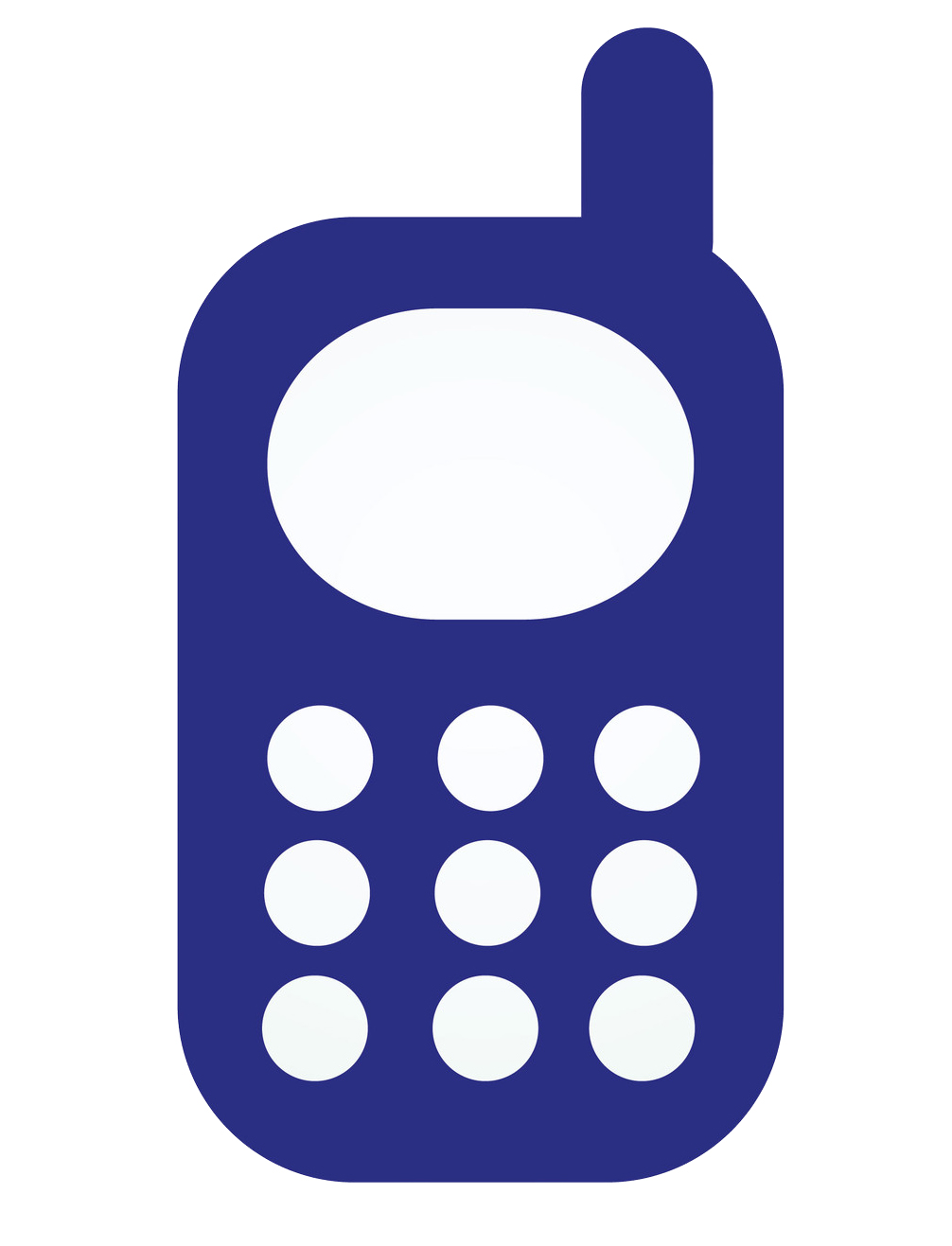
The Ins & Outs of Negotiating Medical Bills After Settlement – What to Know
So you finally settled your personal injury case after a long battle, expecting that nice settlement check to finally provide some relief. But then the medical bills start rolling in – from hospitals, doctors, physical therapists, and more.
Suddenly, that settlement isn’t looking as generous once you account for paying all those expenses out of pocket. It’s a harsh reality that injury victims often face as insurance companies get creative with lowballing settlement offers. But here’s the good news – you don’t have to resign yourself to simply paying those inflated medical costs in full.
With the right negotiation strategies and a bit of determination, you can hopefully reduce what you owe significantly before kissing that settlement check goodbye.
Understanding Medical Liens and Subrogation
Before we delve into the negotiation process, it’s crucial to understand the concept of medical liens and subrogation. These legal mechanisms can have a profound impact on your ability to negotiate medical bills and maintain control over your settlement.
- A medical lien is a claim that your health insurance company or medical provider may place on your personal injury settlement, seeking reimbursement for the medical expenses they covered during your treatment.
- Subrogation, on the other hand, is the process by which your insurance company attempts to recover the costs they paid on your behalf from the at-fault party’s insurance.
Failing to address these claims could result in a significant portion of your settlement being taken away before you even have a chance to negotiate. That’s why Miley Legal prioritizes resolving these issues before we embark on the negotiation journey.
The Negotiation Process for Medical Bills
Negotiating medical bills after a settlement is a delicate dance, and having an experienced personal injury attorney by your side can make all the difference. Here’s a glimpse into the negotiation process:
- First and foremost, ensure that all necessary documentation is in order, including medical records, itemized bills, insurance information, and any correspondence with medical providers or insurance companies.
- Next, assess the settlement amount to determine the most strategic approach to negotiations.
Depending on the circumstances of your case, your attorney may need to negotiate with your health insurance company, medical providers, or both.
Negotiating with Health Insurance Companies
Health insurance companies often have intricate billing structures and reimbursement rates, and understanding these nuances is crucial for effective negotiations.
An experienced personal injury attorney can communicate with insurance companies on your behalf to present a compelling case for reducing the amount owed. This may involve:
- Highlighting any errors or discrepancies in their calculations
- Citing relevant laws or regulations
- Proposing alternative payment arrangements that benefit both parties
Negotiating with Medical Providers
Medical care providers, such as hospitals and physicians, can also be receptive to negotiating their bills, particularly in cases where the settlement amount is limited. At Miley Legal, we understand the billing practices of various medical providers and tailor our approach accordingly.
An experienced personal injury attorney will be skilled at identifying potential areas for cost reduction, such as identifying billing errors or exploring alternative payment plans that align with your financial situation.
Factors that Affect Medical Bill Negotiations
While the negotiation process itself is crucial, several factors can influence the outcome of your medical bill negotiations, including:
- A larger settlement generally provides more room for negotiation, as medical providers and insurance companies recognize the potential for substantial reimbursement.
- The cost of your medical treatment and the severity of your injuries often translate to higher medical bills, which can be leveraged during negotiations.
- It’s also important to consider the impact of medical payment coverage, which can provide additional funds for medical expenses and strengthen your negotiating position.
Timing is everything when it comes to negotiating medical bills after a settlement. Delaying negotiations can prolong the process and weaken your bargaining power as medical providers and insurance companies become eager to recoup their expenses.
At Miley Legal, we understand the intricate dance of timing and strategically initiate negotiations at the optimal moment. This approach ensures that you maintain a strong negotiating position while also allowing sufficient time for thorough negotiations and the exploration of all available options.
Common Negotiation Strategies
Some common tactics include:
- Lump-sum payments: In some cases, proposing a lump-sum payment for medical bills can result in significant discounts from medical providers who are eager to receive their full payment upfront.
- Payment plans: When lump-sum payments are not feasible, structured payment plans can provide medical providers with a consistent repayment while allowing you to effectively manage your expenses.
- Leveraging state laws: West Virginia has specific laws and regulations governing personal injury settlements.
Miley Legal’s attorneys are well-versed in these legal intricacies and use them to bolster our negotiating position.
The Role of an Experienced Personal Injury Attorney
Negotiating medical bills after you receive a personal injury case settlement is a critical step in maximizing your compensation and ensuring that you receive the financial resources you need to move forward. While the process can be complex and intimidating, having the right legal representation can make all the difference.
At Miley Legal, we have a proven track record of successfully navigating medical bill negotiations for our clients across West Virginia. Our attorneys possess the knowledge and negotiation skills necessary to achieve favorable outcomes, ensuring that our clients retain the maximum possible portion of their settlements.
If you’ve recently received a personal injury settlement and are facing mounting medical bills, don’t hesitate to contact Miley Legal. Our team is ready to embark on this journey with you, leveraging our resources and experience to secure the best possible outcome for your case. Remember, the path to financial recovery starts with effective medical bill negotiations, and we are here to guide you every step of the way.
Contact Miley Legal today to schedule a consultation and take the first step towards securing the compensation you deserve.
Frequently Asked Questions
Can I negotiate my medical bills after receiving a personal injury settlement in West Virginia?
Yes, you can negotiate your medical bills after receiving a personal injury settlement in West Virginia. Under West Virginia law, you have the right to negotiate with medical providers and insurance companies to reduce the amount you owe for medical expenses related to your injury. This can help maximize the amount of settlement funds you ultimately receive.
Do I need a lawyer to negotiate medical bills after a settlement in West Virginia?
While it’s not legally required, having an experienced personal injury lawyer can greatly benefit the medical bill negotiation process in West Virginia. Attorneys understand the relevant laws, have negotiating skills and can leverage their relationships with medical providers and insurance companies to secure more favorable outcomes.
How long do I have to negotiate medical bills after a settlement in West Virginia?
There is no specific time limit for negotiating medical bills after a settlement in West Virginia. However, it’s generally advisable to initiate negotiations promptly after receiving your settlement. Delaying negotiations can weaken your bargaining position or make it more difficult to secure favorable terms from medical providers and insurance companies.


